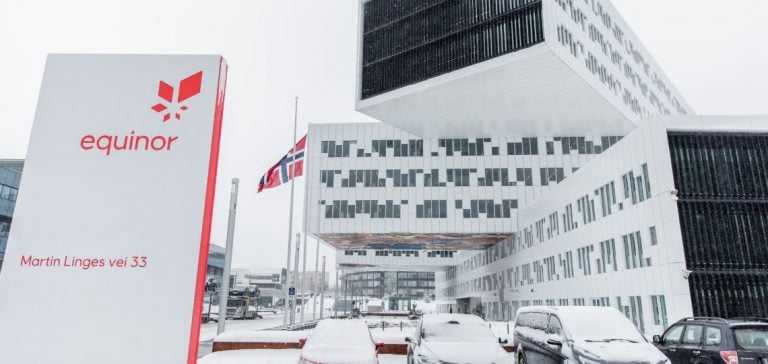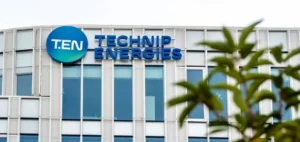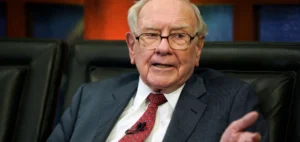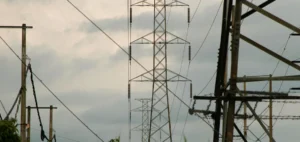The Norwegian energy group Equinor, 67% owned by the Norwegian state, has published its quarterly results showing a decline. The decrease in oil prices and the drop in hydrocarbon production have weighed on its financial performance. This situation is pushing Equinor to review its investment strategy, particularly in the renewable energy sector.
In the third quarter of 2024, Equinor’s net profit fell by 8.6%, reaching $2.3 billion, compared to $2.5 billion in the same period last year. Furthermore, adjusted operating profit dropped by 13%, settling at $6.9 billion. This key indicator for the group reflects the impact of recent operational challenges.
Decline in hydrocarbon production
Equinor’s hydrocarbon production dropped by 1%, reaching 1.984 million barrels of oil equivalent per day (Mbep/d). This decrease is due to interruptions caused by the maintenance of certain offshore infrastructures and hurricanes affecting installations in the United States. However, this production remains slightly above analysts’ expectations.
In parallel, the 8% drop in the average price per barrel, set at $74, also contributed to the revenue decline, which amounted to $25.4 billion, down 2% from the previous year.
Adjustment of investment strategy
In response to these results, Equinor announced a reduction in its investment forecasts for 2024. Initially set at $13 billion, investments will now range between $12 and $13 billion. The company justifies this decision by the delays in the implementation of key projects, including offshore wind, while adjusting its strategic priorities.
The Dogger Bank offshore wind project, off the British coast, is at the heart of these difficulties. This project, announced as the world’s largest offshore wind farm with a capacity of 3.6 GW, is facing construction delays. Initially scheduled to be operational by the end of 2024, Equinor has postponed its commissioning to the second half of 2025. The group holds a 40% stake in this strategic project.
Investments and diversification
Despite these delays, Equinor continues to strengthen its position in renewable energy. In October 2024, the company acquired 9.8% of the shares of Danish group Orsted, a world leader in offshore wind, becoming the second-largest shareholder. This investment confirms Equinor’s desire to diversify its assets in the renewable energy sector while adjusting its approach.
In addition, Equinor is continuing its development in carbon capture and storage (CCS). The Northern Lights project, led in collaboration with TotalEnergies and Shell, aims to bury CO2 under the North Sea. This project, which will begin commercial operations in 2025, represents a key element of Equinor’s long-term strategy to reduce its carbon footprint and position itself as a leader in decarbonization technologies.






















